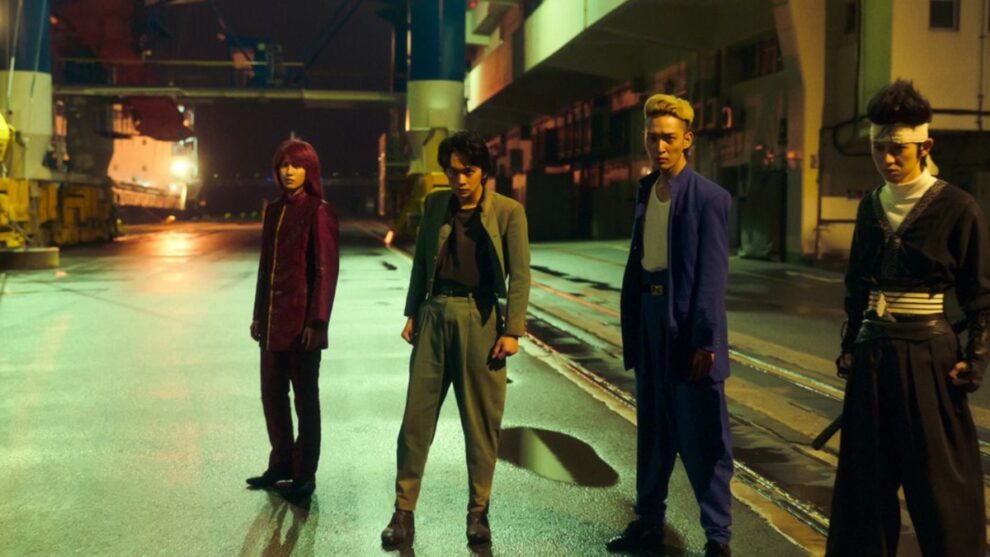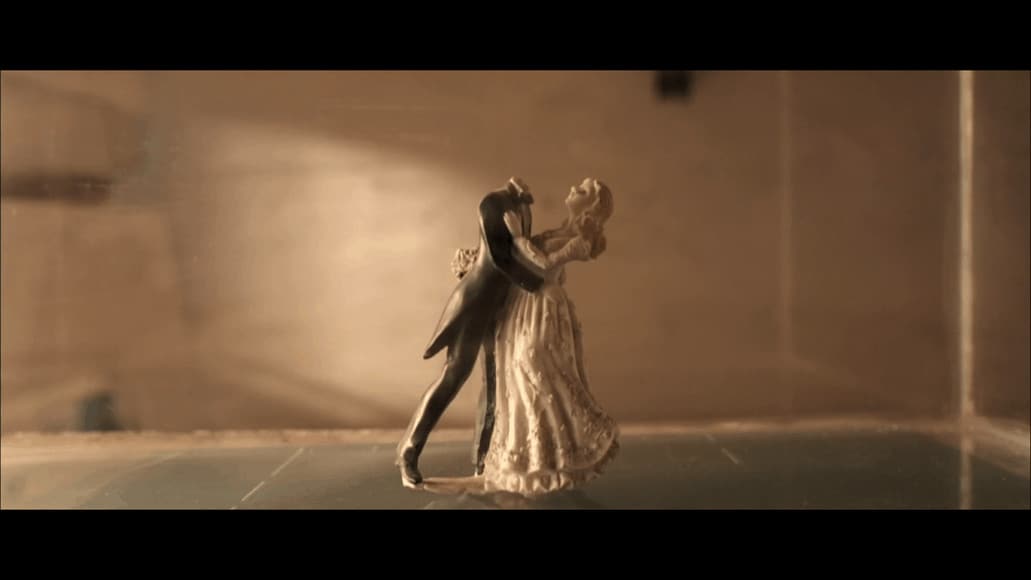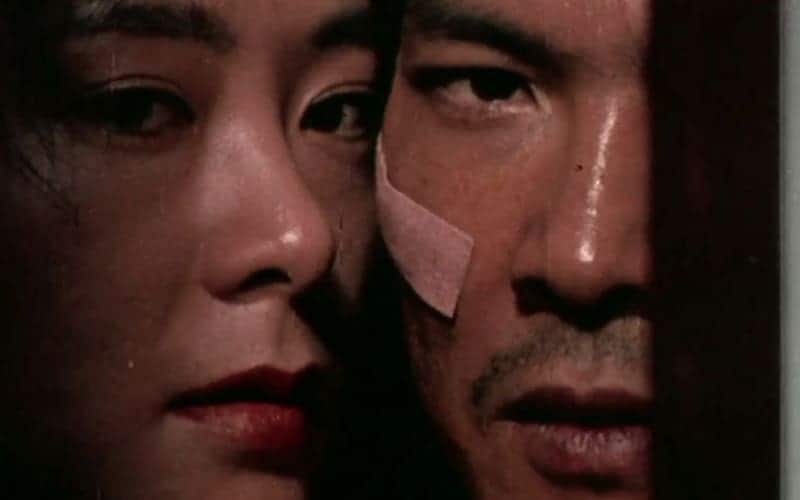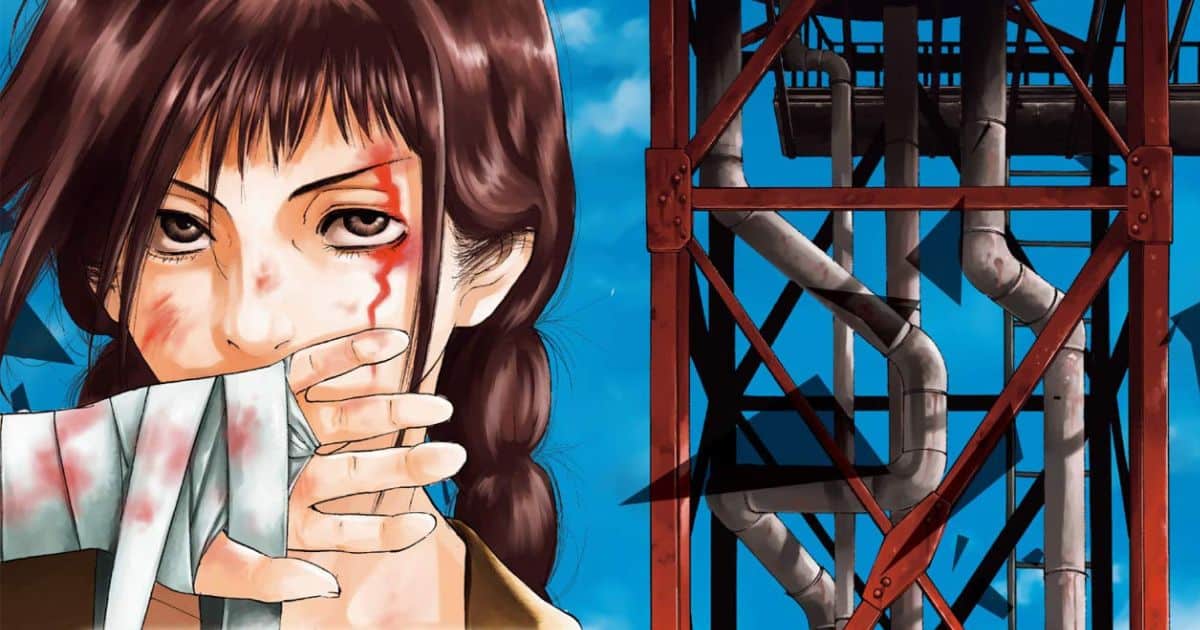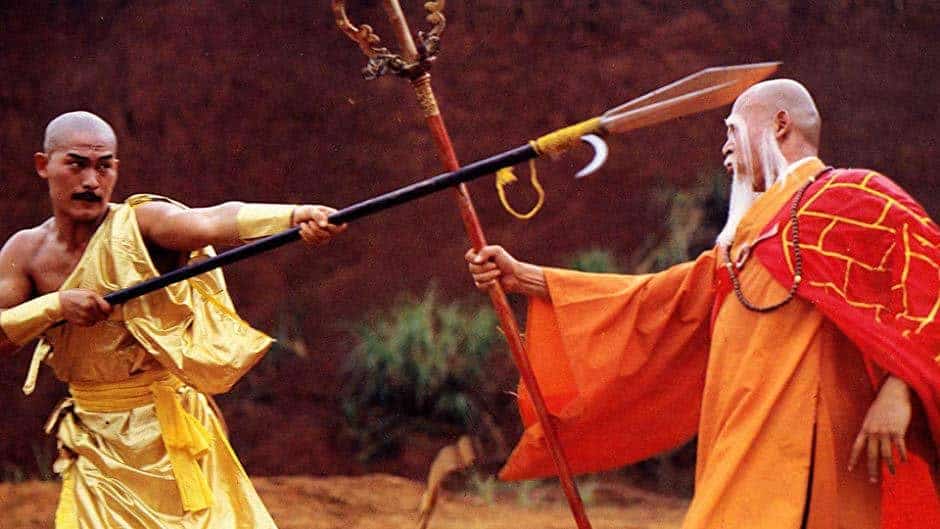In the latest surge of live action adaptations that Netflix seems to lead, either in movie or series format, an essentially forgotten anime and manga from the 90s, was not exactly something that was expected, considering that the rest were based on all time favorites like “One Piece” and “Rurouni Kenshin” for example. It turns out, though, that the manga being one of the best selling of all times played a crucial role, and that is how we ended up with a version of “Yu Yu Hakusho”.
Click the image below to follow our Tribute to Netflix
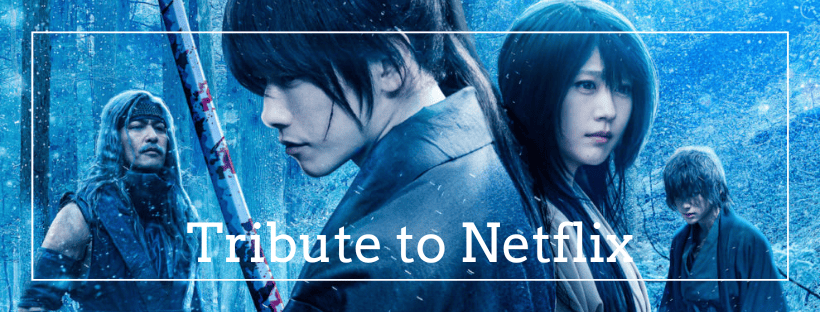
The story revolves around Yusuke Urameshi, a misunderstood 14-year-old delinquent junior high school student who spends his days getting into fights, who frequently involve, though, him protecting someone. However, when he dies after saving a child in a car accident, his ghost-self meets Botan, a woman who introduces herself as the pilot of the Sanzu River, who ferries souls to the Underworld, and Koenma, son of the Underworld's ruler King Enma, who offers Yusuke a chance to return to his body through a series of tests, this time as a Spirit Detective. Even through extreme difficulty, the protagonist succeeds and returns to life, to the pleasant surprise of his mother, Atsuko, a girl who seems to have feelings for him, Keiko, and another delinquent who considers himself his rival despite constantly losing in their fights, Kazuma.
The presence of Sakyo, a mogul who always wins his bets, Tarukane, an evil rich man who exploits everyone around him, the two Toguros who soon emerge as key villains, and a plan to connect the demon world with the living world, make things rather more complicated, with Yusuke having to deal with all these at the same time. As he also tries to save Yukina, an Ice Maiden whose tears are sold for vast amounts, he receives help from a number of enigmatic individuals, including Kurama, Hiei, and Kuwabara who undergoes training with him under the tutelage of Genkai.
Let us begin with the most obvious trait of the series, the casting. The usual combination idol-like, rather good-looking youths is definitely here, with Takumi Kitamura as Yusuke, Jun Shison as Kurama, Shuhei Uesugi as Kuwabara, Sei Shiraishi as Keiko and Kotone Furukawa as Botan covering this aspect, but the prowess of the particular element does not stop there. The secondary characters are also rather well chosen, always within the rule of looking like the anime characters as much as possible, with the ones who steal the show actually being found here. Go Ayano plays Younger Toguro, Goro Inagaki, Sakyo and most of all, Meiko Kaji, Genkai, in one of the most impressive casts we have seen on a TV series.
Apart from this, the five episodes of the season do move much faster than the anime (which is the most common criticism the title received), which did move rather slowly, however, as the best part of the narrative came when the protagonists left the Earth for the Demon World and during the tournaments, and in general, through its shonen aspects. In that regard, it is easy to say that Sho Tsukikawa does an excellent job in presenting the key elements of the original, as the series truly thrives when the protagonists become a team and move against their opponents, with the one-on-one fights and the team one in the finale being a true wonder to watch.
In that fashion, the SFX are quite impressive, particularly in the way the most brutal scenes are presented, through a rather fitting hyperbole that also mirrors the aesthetics of the anime. The sometimes annoying characteristics of the shonen anime, with the prolonged battles where the protagonists and the villains become stronger as they fight, the Deus Ex Machina elements and the fact that very few characters seem to die are here once more, but the truth is that these are also the traits that make the entries of the particular category so popular.
Regarding context, one cannot expect that much, with the usual (cliche one could say) values regarding friendship, comradeship, and growing up through sacrifice found here in abundance. At the same time, the fact that Yusuke's mother raises him on her own, the concept of bullying in schools, and some soap-opera like elements like lost twin siblings etc add a bit of depth to the narrative, which is definitely lost though, in the action.
The job done in the backgrounds, the coloring, and the costumes and hair of the protagonists (with the latter always being the most “intense” in this kind of productions) results in an eye-candy approach that definitely adds to the entertainment the series offers. Lastly, Junnosuke Hogaki's editing results in a rather fast pace that becomes even faster during the action scenes, fitting the overall aesthetics to perfection.
That the series moves away from the original is a fact, as is the question on why would someone mimic exactly the approach implemented by something that was released 30 years ago. As such, and considering that “Yu Yu Hakusho” boasts an excellent cast, captivating action scenes and the best part of the original comes after what we saw in the first season, one can only deem the title as successful, and also a great start to what will only become better.


